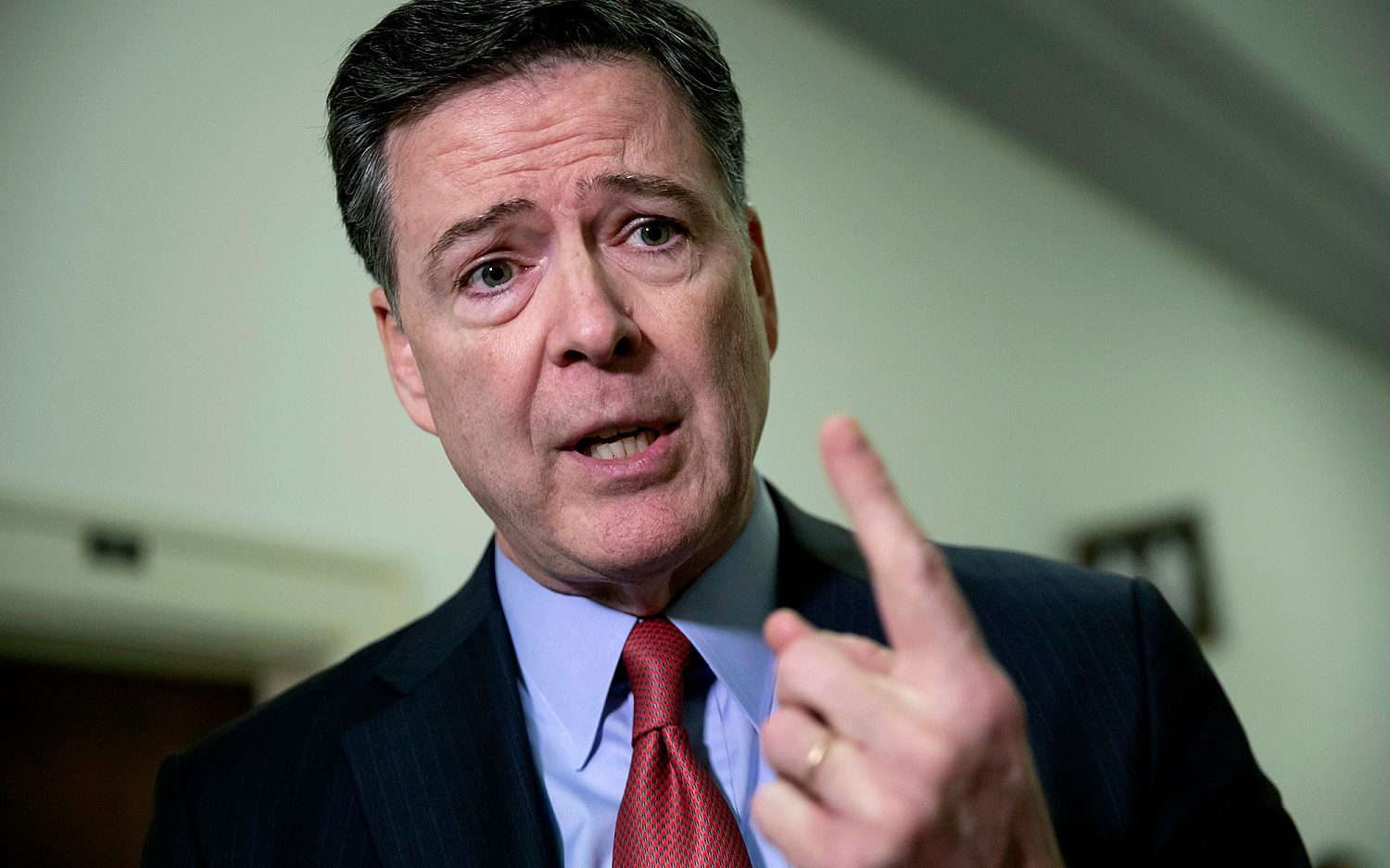Rep. Johnson elected House speaker after holdouts flip
Republicans in the House of Representatives rallied around Rep. Mike Johnson, R-La., on Friday afternoon. Two holdouts flipped their vote at the end of a lengthy first ballot, electing Johnson as speaker in a 218-215 vote.
Rep. Thomas Massie, R-Ky., alone voted against the speaker. Massie cast his ballot for House Republican Whip, Tom Emmer, R-Minn.
Johnson, who was House speaker in the last Congress, initially came up short in the first ballot Friday, as three Republicans voted for alternatives. Early on in the nearly three-hour session, Thomas Massie, R-Ky., Rep. Keith Self, R-Texas, and Rep. Ralph Norman, R-S.C., voted for other candidates, potentially sinking Johnson’s odds amid the razor-thin, two-seat majority. But Self and Norman later flipped their votes to Johnson.
Notably, a leading Republican critic of Johnson’s, Rep. Majorie Taylor Greene of Georgia, actually voted in favor of Johnson, after saying on social media Friday that she would vote against his renewed speakership.
Why did these Republicans vote against Johnson? The most conservative wing of the House GOP has wanted a leader to secure more conservative wins. Shutting the government down or letting key programs expire could force Democrats to the negotiating table. The desire for hard-nosed leadership has run through the tenures of Republican Speakers John Boehener, Paul Ryan, Kevin McCarthy, and now Johnson.
Last October, Republicans hoped that Johnson—arguably the most conservative of his past three predecessors—would finally deliver on topline party priorities. But Republicans like Massie were disappointed at Johnson’s closed-door negotiations with Democrats to keep the government open, to send additional aid to Ukraine, and to pass lackluster reforms of an authorization that’s become a chief spy tool.
Has this happened before? The election of Johnson’s immediate predecessor, U.S. House Speaker Kevin McCarthy, R-Calif, similarly went to multiple rounds of votes. Eventually, after key concessions to his key opposition, McCarthy became speaker after 15 rounds of votes.
What’s Johnson’s position on his track record? Johnson has defended his performance by arguing that the divided government meant delivering conservative wins would always be unreachable or unsatisfactory.
But with an incoming Trump administration, Johnson is asking party outliers to give him a chance. President-elect Donald Trump came to Johnson’s defense this past week, taking to Twitter and Truth Social to advocate for his chosen pick to remain in the role.
Trump’s forceful position on Johnson begs the question of whether the president-elect can get his party to fall in line when it matters most going forward and whether Trump will have to battle conservative expectations on things like Tax policy and immigration.
If not Johnson—who? That’s the key question that Republicans don’t have a ready answer to. It’s the same question Republicans were left with for the better part of a month when eight party outliers voted with Democrats in October 2023 to remove U.S. House Speaker Kevin McCarthy. It might also be the question that ultimately saves Johnson.
While at the moment he does not have the needed support, he does enjoy the backing of the vast majority of the party. It’s highly unlikely any other Republican would be able to find that kind of support in short order. With pressing legislative priorities right around the corner, Johnson may remain the obvious answer for the temporary leadership vacuum.
Dig deeper: How did Republicans find someone to fill the Speakership the last time the position opened up? You can read my reporting on how Republicans struggled to coalesce behind a candidate in October 2023.
An actual newsletter worth subscribing to instead of just a collection of links. —Adam
Sign up to receive The Sift email newsletter each weekday morning for the latest headlines from WORLD’s breaking news team.





Please wait while we load the latest comments...
Comments
Please register, subscribe, or log in to comment on this article.